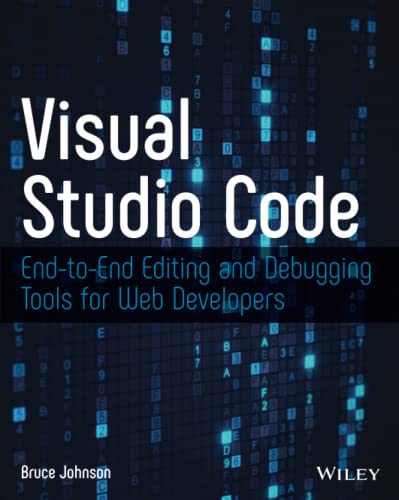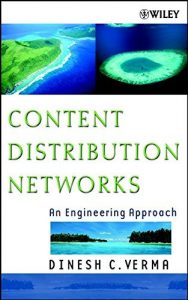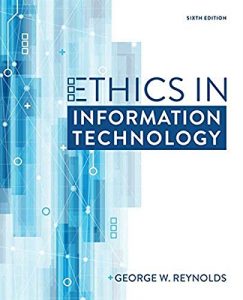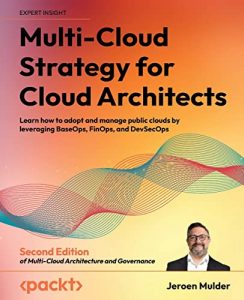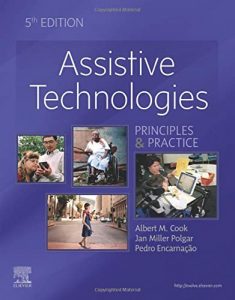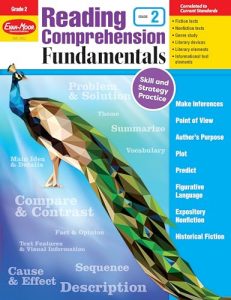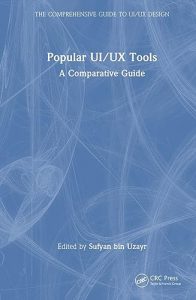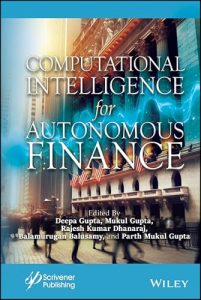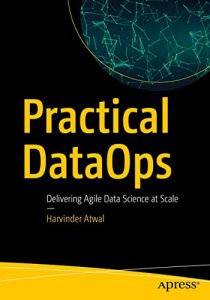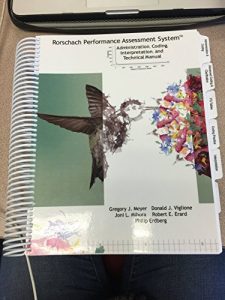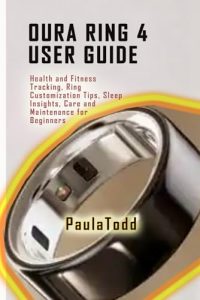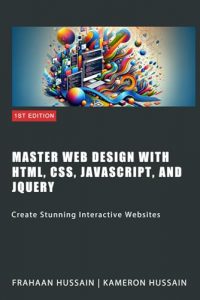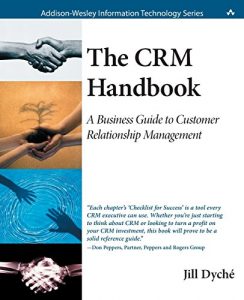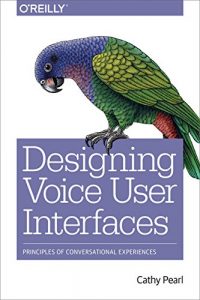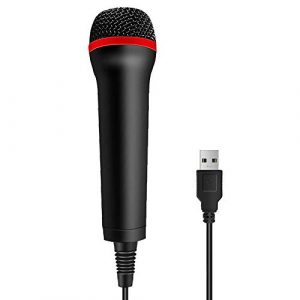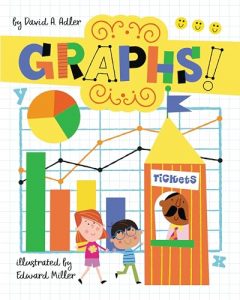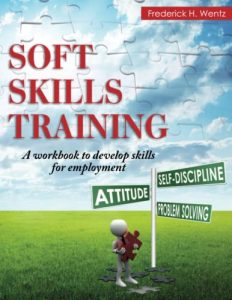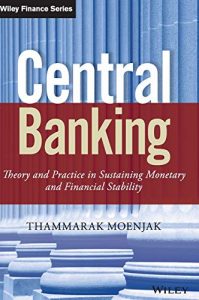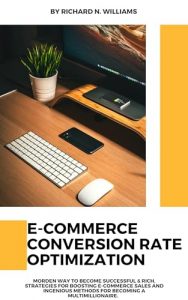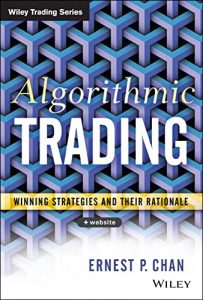1. Visual Studio Code: End-to-End Editing and Debugging Tools for Web Developers
This book by Bruce Johnson is an essential companion for web developers. Visual Studio Code has transformed how developers code and debug applications, making it crucial to master its features. Johnson provides a comprehensive guide, detailing customizations, extensions, and debugging techniques that leverage VS Code’s powerful capabilities. Whether you’re a novice or an experienced programmer, this book will help you streamline your workflow and enhance your debugging skills. With hands-on examples, you’ll learn how to make the most of this indispensable tool.

2. Linux Kernel Debugging: Leverage proven tools and advanced techniques to effectively debug Linux kernels and kernel modules
Authored by Kaiwan N Billimoria, this book is an invaluable resource for developers working with the Linux kernel. Billimoria dives deep into advanced debugging techniques and tools that can significantly enhance your ability to debug kernel modules. With real-world scenarios and detailed explanations, this book demystifies complex debugging processes. If you want to advance your skills in Linux kernel development, this book will equip you with the knowledge needed to tackle the challenges of kernel debugging.

3. Advanced Windows Debugging
In this book by Mario Hewardt and Daniel Pravat, you will find an expert guide to debugging Windows applications effectively. The book covers various advanced debugging techniques, such as memory analysis and usage patterns, giving developers insight into optimizing performance and reliability. This book is a must-read for anyone serious about mastering Windows application debugging, filled with practical tips and tricks from seasoned professionals.

4. Debugging with Fiddler: The complete reference from the creator of the Fiddler Web Debugger
Eric Lawrence’s “Debugging with Fiddler” is the definitive guide for developers who want to understand HTTP/S traffic. Fiddler is an incredibly powerful tool for debugging web applications, and this book takes you through everything from setup to advanced usage. Lawrence’s insights help you troubleshoot issues, improve application performance, and enhance your understanding of web traffic patterns. A true gem for developers looking to elevate their debugging prowess!

5. Perl Hacks: Tips & Tools for Programming, Debugging, and Surviving
This collection by Shane Warden, Damian Conway, and Curtis Poe provides invaluable hacks that any Perl developer should have. With practical advice on coding, debugging, and optimizing your Perl programming skills, this book is a treasure trove of information. You’ll find tips that can save you time and teach you new tricks to enhance your coding efficiency. A must-have for Perl enthusiasts!

6. Practical Debugging for .NET Developers: Tools and Techniques to debug and solve real-world problems in .NET
Michael Shpilt’s book offers a practical approach to debugging in the .NET environment. It covers debugging tools, techniques, and best practices that can significantly enhance your troubleshooting efficiency. With ample real-world scenarios examined, this book is perfect for .NET developers looking to improve their debugging methods and solve issues effectively. Essential reading for anyone serious about their .NET development journey!

7. Debugging Tool A Complete Guide – 2020 Edition
Gerardus Blokdyk’s comprehensive guide covers everything you need to know about debugging tools—from foundational knowledge to advanced debugging strategies. This book is particularly beneficial for teams looking to implement standards in their debugging processes, ensuring efficiency and effectiveness across projects. Exploration of various debugging tools sets this guide apart by enabling developers to strategize their debugging approach more effectively.

8. Learning Malware Analysis: Explore the concepts, tools, and techniques to analyze and investigate Windows malware
K A Monnappa’s excellent resource on malware analysis covers foundational concepts and tools used in the field. This book is essential for understanding how to analyze and respond to malware, equipped with hands-on exercises to improve your analytical abilities. If you’re interested in cybersecurity, this text will empower you with necessary skills for effectively combating malware threats.

9. Debugging Windows Programs: Strategies, Tools, and Techniques for Visual C++ Programmers
For Visual C++ developers, Everett N. McKay and Mike Woodring’s “Debugging Windows Programs” serves as an essential reference. It provides strategic insights and techniques specifically aimed at resolving bugs in Windows applications. This book covers the necessary tools and methodologies, helping programmers understand debugging in a Windows environment and improve their software’s robustness.

10. Cursor AI Secrets: How to Build Better Code, Deliver Faster Projects, and Create Smarter Solutions with AI-Powered Tools
In her upcoming book, Kiara A. Smith dives into the integration of AI tools to enhance coding practices and project delivery. With a future-forward approach, this book is perfect for developers interested in utilizing AI for smarter coding solutions. Smith reveals industry secrets that can help streamline your development process and elevate your project management practices.


